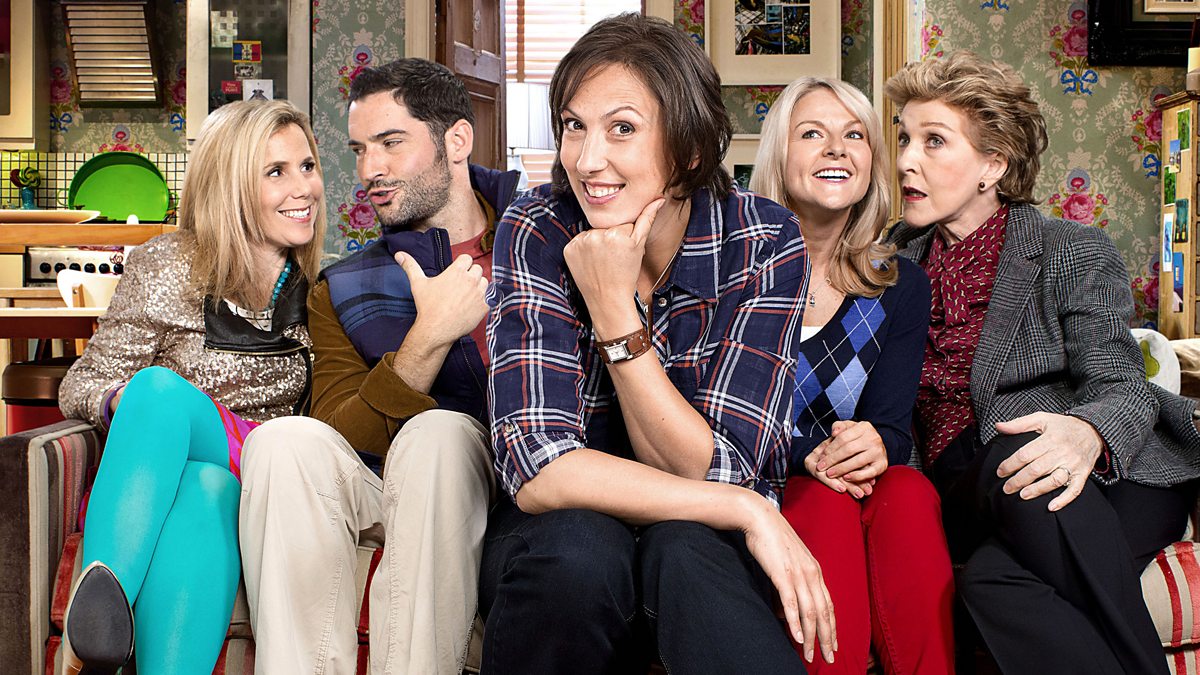My brain can't handle most literature nowadays unless it's of the "fluffy" variety. Enter chick-lit! Even though I tend to be aggravated by formulaic premises, I don't have to concentrate so much when shrieking offspring launches themselves at my head.
I was reading Mr. Perfect on Paper and I was sucked in by the overload of Jewish references. I can't figure out which denomination the heroine, Dara, belongs to—she drinks non-kosher wine at a restaurant, but she has impressive knowledge of obscure halacha (turns out the author was a rabbinical student).
But despite the heavy Jewish details, there was something missing.
Simultaneously, Han and I started watching Rough Diamonds. I was put off by the first episode, so didn't watch further, while Han got in too deep and was forced to hate-watch it.
The chassidim depicted make it seem that they were simply born into this lifestyle, and that's the only reason why they live it. Their behavior becomes horribly despicable in their attempts to salvage the family business—despite the fact that chassidim don't usually keep their identity in their livelihoods (all they had to do was dabble elsewhere). They fashmear people, they steal, all without qualm. Um . . .
Then I realized what's going on here. Judaism is presented as an identity. Nothing more. There's no spirituality. There's no mention of God. Bupkis.
Dara follows the rules, or rather which rules she wants to follow. But there's no feeling behind this practice except for "well, this is what my grandparents did." Not one mention of the Lord. It's just "We've survived for thousands of years so I guess this is what I gotta do."
It made me think, in contrast, of Shtisel. There was a scene when Akiva, after falling out with his father, is offered to stay in the guest-house of a fellow artist, a rather nice frum girl. He's painting and painting, and then realizes what time it is. He's horrified to find out it's the afternoon—and he hadn't put on tefillin that day. He's so upset he gathers up his things and bolts.
Akiva isn't home. No one is telling him what to do. He can do whatever he wants. But his religion is his priority. He hurries back to the milieu that will encourage him to observe it properly.
It's not just an identity or practice. It's a belief.


